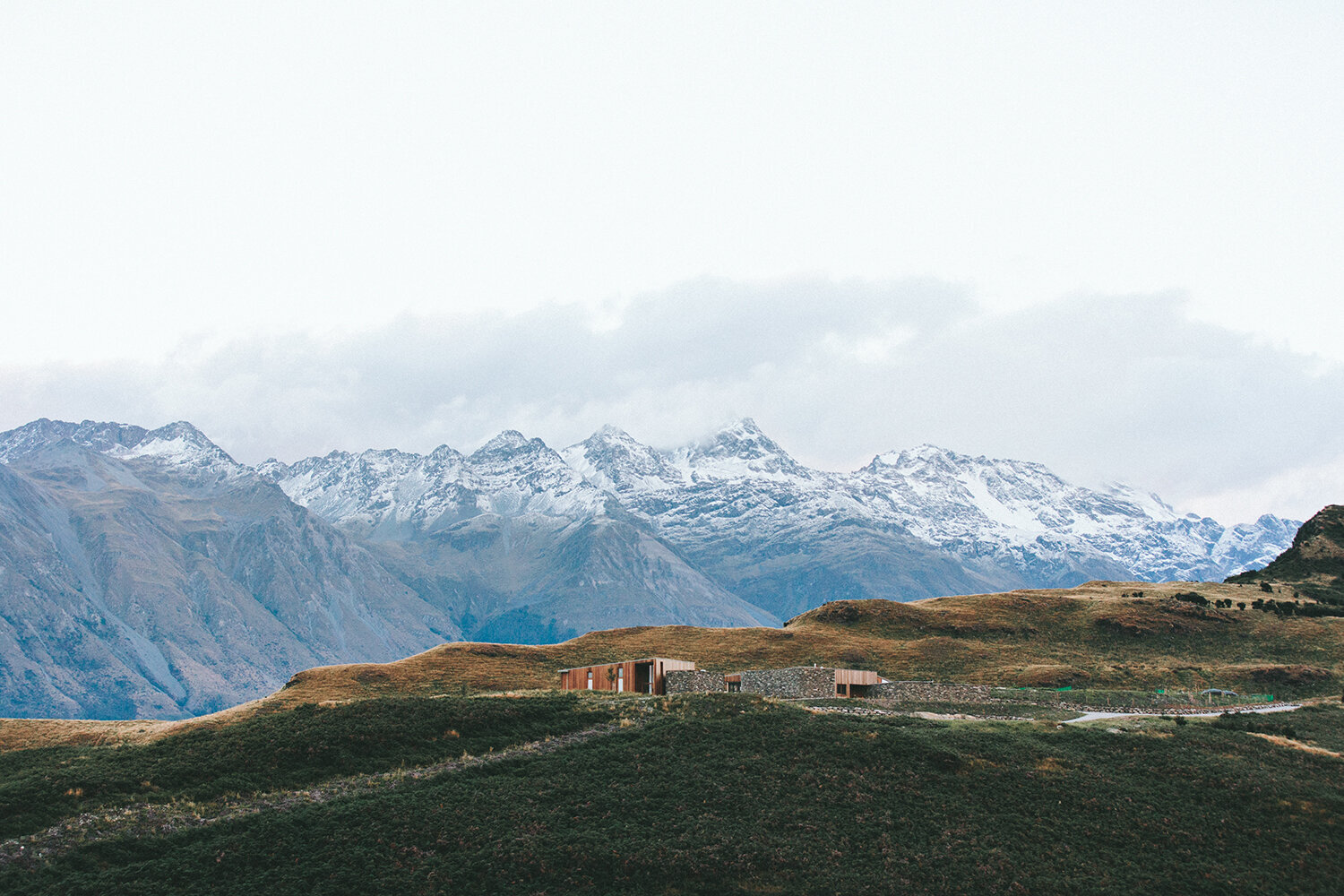My Name, My Story Project
The givers and bearers of a name constantly look to both past and future to (re)interpret how that name fits into their understanding of the present. The value of names and their constantly negotiated meanings are well known to the citizens of contemporary Central Asia, who, over the past century, have lived through Soviet iconoclastic socialism, Russian and Soviet imperialism, and more recent national and Islamic revival. For both the Soviet state and newly independent (as of 1991) Central Asian states, names and renaming have offered opportunities to simultaneously throw off the weight of the past, restore tradition, and imagine alternate futures. For ordinary Central Asian citizens, names have also served these functions, but often much more as well. While citizens too have felt the urge to overcome and reclaim history, they also interpret and sometimes change their names to place themselves in society in ways more complicated than their states’ narrow dichotomy of modernity vs. tradition.
The curated excerpts from ethnographic interviews contained here were collected as part of a multi-year project organized by professors and conducted by students at American University of Central Asia, located in Bishkek, Kyrgyzstan. Together, professors Kristen Fort, Aijamal Sarybaeva, and Daniyar Karabaev outlined a set of interviews to be collected from AUCA student participants in English (2021) and from Bishkek and Osh community members (2022) in Russian and Kyrgyz. We asked participants about their names, the meanings they and others assign to them, and how they believe those meanings have changed over time. Student interviewers Adina Sulumbekova, Nargiza Maksatova, Aidai Anvarbekkyzy, and Salkynai Emilbekova gathered the student interviews at AUCA, while Daniyar Karabaev and Aijamal Sarybaeva took the interviews from community members.
The next stage of the project, displayed below, was conducted by students analysts Aichurek Kubanych, Djasmin Scott, Anipa Almazbek kyzy, and Bek-Aiym Talantbek kyzy under the leadership of Kristen Fort. We analyzed the interview transcripts and translations and curated them according to several categories of interest. In the below sections, you can find those categories and clicking on them will lead you to interview excerpts and analysis of how they fit the given theme.
The project was kindly sponsored by the Experimental Humanities Collaborative Network, American University of Central Asia, and Open Society University Network.








